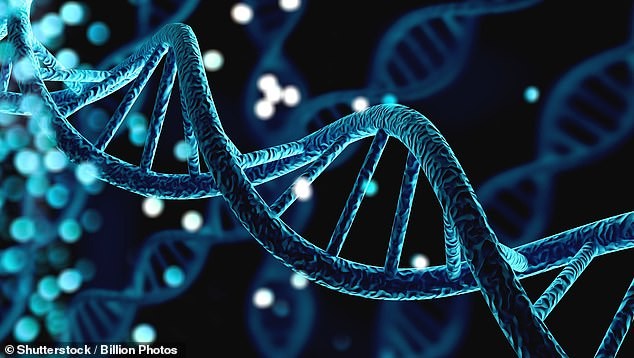Alien DNA in Humans? A Bold Claim That Could Rewrite Our Evolution
A wild new study claims to have found evidence of alien genetic manipulation in human DNA, with large sequences seemingly inserted into people and potentially affecting millions. Lead researcher Dr. Max Rempel, founder and CEO of the DNA Resonance Research Foundation, says the discovery could fundamentally alter our understanding of human evolution—and the future of the human race—if it is confirmed. The study analyzed DNA from both ordinary people and individuals who self-identify as alien abductees, examining 581 complete families from the 1,000 Genomes Project and identifying non-parental sequences in 11 families. "No conclusive evidence yet, because we need better datasets, which are available only on approval. That takes time and effort," Rempel said.

In This Article:
The Method and the Anomalies
In a close look at 581 complete families from the 1,000 Genomes Project, Rempel found ‘large sequences’ of DNA in 11 families that appeared to match neither parent. The anomalies include a cluster of 348 non-parental genetic variants, some of which were found in children born before 1990, ruling out human gene-editing technologies like CRISPR, which emerged in 2013. Rempel also reviewed 23andMe results from individuals who self-identify as alien abductees. He observed that some families showed strings of non-parental markers, while others did not. Rempel notes that current commercial genotyping services, which rely on array-based data, are not precise enough to confirm such radical claims. He advocates for next-generation sequencing (NGS) or whole-genome sequencing (WGS), which can detect novel variants with much higher resolution.

Caution: Data Quality, Skepticism, and Limits
Rempel emphasizes the need for high-quality, non-cultured genetic data to avoid artifacts caused by cell culturing. "Most public DNA databases contain old data from cultured cells. Culturing can produce genomic changes, so we cannot treat these results as proof," he said. Moving forward, he hopes to secure funding and access to public DNA repositories for further research. Skeptics, including UFO researchers, urge caution. Nigel Watson notes the small sample size and the challenges of studying self-reported abductees. "Alien abduction experiences can stem from a variety of terrestrial factors. We need to carefully verify these accounts before drawing conclusions about DNA," he said, adding that technical errors or unknown biological mechanisms could also explain the anomalies. To this point, there has been no conclusive evidence that confirms the existence of extraterrestrials.

If True, The Implications
If confirmed, the discovery could reshape how we see ourselves and humanity’s trajectory. Rempel suggests the possibility of identifying which humans carry alien DNA or, in the extreme, of recognizing hybrids. He even speculates about future possibilities, including unusual abilities such as telepathy as a result of genetic modifications. Ethical questions loom large. If alien DNA can be identified in humans, how should the rights of those individuals be protected? Rempel notes that a high percentage of people with neurodivergent traits—such as autism, ADHD, and Asperger’s—could potentially carry these genetic insertions, though this remains speculative. If proven, this would be as world-shattering as recovering a flying saucer, one skeptic said.

What Comes Next: A Path Toward Clarity
Rempel continues to advocate for literacy in “alien hybridization” and DNA resonance, arguing that understanding these phenomena could inform major decisions about humanity’s future. He hopes to secure funding and access to public DNA repositories for further research and to collaborate with families willing to provide DNA samples and pay for sequencing. Most importantly, he stresses the need for high-quality, non-cultured data to avoid artifacts—and he expects that robust sequencing could definitively show whether extraterrestrial forces are influencing human genetics. We must consider how much alien hybridization is healthy for the planet, and which alien races we might give priority, Rempel said.


